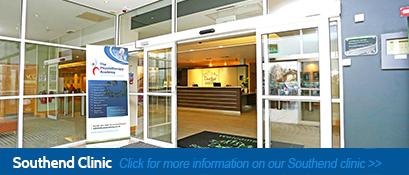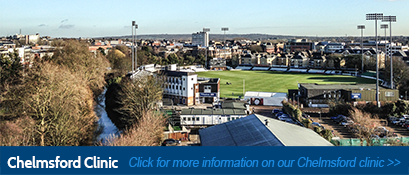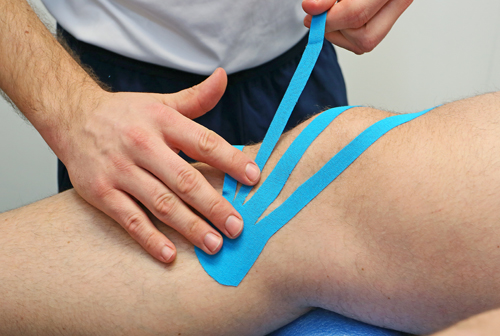Benign Joint Hypermobility Syndrome
Often referred to as double-jointed or simply hypermobility syndrome, this condition is a common cause for joint or muscle pain in children and young adults. It is commonly characterised by the looseness of joints and associated with pain during the day, wakening at night and discomfort after exercise. Any joint may be involved but it tends to affect the larger joints such as the hips, knees and elbows. The pain may be accompanied by some minor swelling particularly in the afternoon/evening or after physical activity.
BJHS can affect both genders but girls tend to have more mobility in their joints than boys of the same age. In large studies of school children, BJHS has been found in as many as 40% of children, although not all experience symptoms related to the condition. There is often a family history of loose jointedness either in siblings or parents.
Classification is often confirmed by a through history, physical examination and some special tests. Two classification criteria are commonly used to assess for BJHS, known as the Brighton and Beighton scores. The physiotherapists at The Physiotherapy Academy are trained to carry out these tests and offer advice and management plans for any child found to be suffering with this condition. Therefore don’t delay, contact us today to find out more information or to book an appointment.
To arrange an appointment or speak to a physiotherapist, call or email on:
Southend on Sea: 01702 521 042 or info@physioacademy.co.uk
Chelmsford: 01245 254 069 or chelmsford@physioacademy.co.uk





























